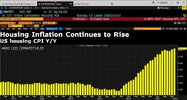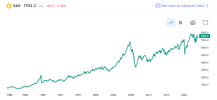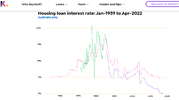over9k
So I didn't tell my wife, but I...
- Joined
- 12 June 2020
- Posts
- 5,244
- Reactions
- 7,355
Politicians could solve that overnight but they don't.Hmm Damn him. Damned if he does and damned if he dosn't. But does he really know that the real world people are suffering.
He's becoming a scapegoat very quickly.






